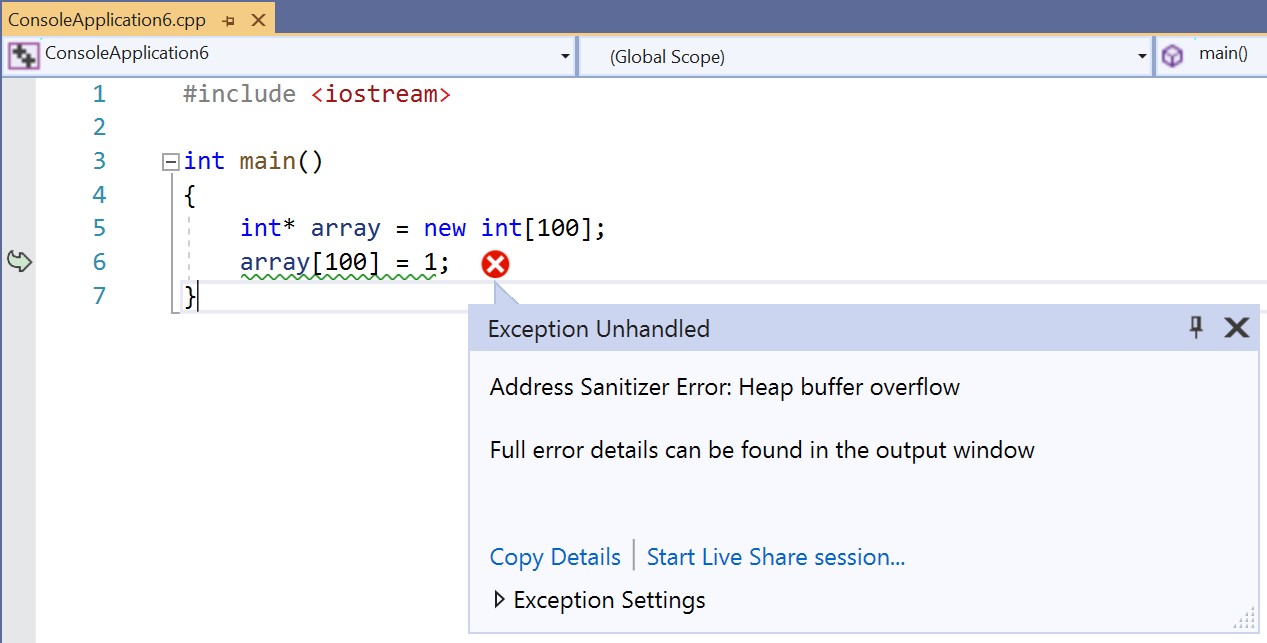WIMSL: advanced memory management -- Sergey Strukov
Yes. I need the memory management and need it better, than the standard library provides.
WIMSL: advanced memory management.
by Sergey Strukov
From the article:
This article describes some advanced memory management features, badly missed in the C++ standard library.
(WIMSL: What I miss in the standard library.)

 Will you try it?
Will you try it?